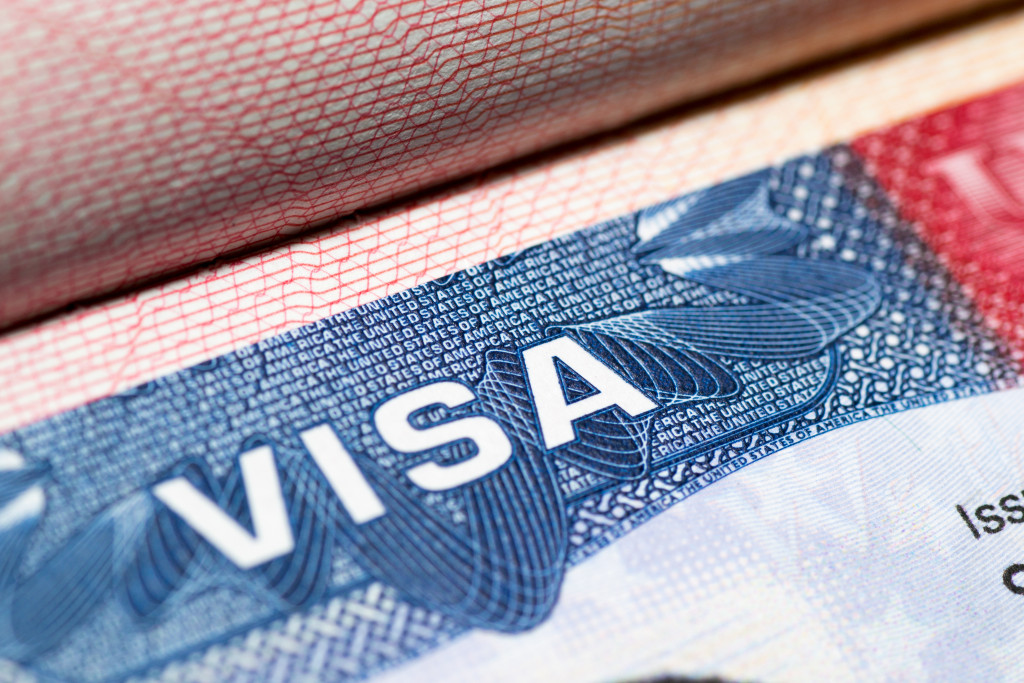It is not uncommon for people to have a lot of questions when it comes to immigration. This process can be confusing and overwhelming, especially if you are unfamiliar with the terminology. Understanding some of the most common immigration concepts is essential to help you navigate the process and avoid potential problems.
Here are some key immigration concepts that you should be aware of.
1. Citizenship and residency
Some people confuse citizenship with residency. Citizenship is a status granted to an individual by a country. It gives that person the right to live and work in the country and enjoy the protection of its laws. On the other hand, residency allows a person to live in a country for a certain period. This status does not confer the same rights and protections as citizenship.
Because of this, it is essential to know the difference between these two concepts before beginning the immigration process. You should also be aware that the requirements for obtaining citizenship can differ from those for obtaining residency.
Obtaining citizenship usually requires a more extended time than securing residency. In addition, you may need to meet additional requirements, such as passing a citizenship test or demonstrating fluency in the country’s language.
2. Nonimmigrant and immigrant visas
Another critical concept to be aware of is the difference between nonimmigrant and immigrant visas. Nonimmigrant visas are for people who intend to live in a country temporarily, such as for tourism or business purposes. On the other hand, immigrant visas are for people who want to live in a country permanently.

The type of visa you will need will depend on your immigration status. If you plan to live in a country permanently, you will need an immigrant visa. If you only intend to stay for a short time, you may be able to obtain a nonimmigrant visa.
3. Deportation
Deportation is the process of forcing a person to leave a country. This can be done for a variety of reasons, such as if the person is in the country illegally or if they have committed a crime. Some people may also be deported if they are deemed to be a danger to the country.
If you are facing deportation, it is essential to understand your rights. For one, there are immigration bonds that you can post to be released from detention. Where to post an immigration bond will depend on the country you are in and your specific circumstances.
You should also be aware that you have the right to a hearing, where you can present your case to a judge. During this hearing, you will have the opportunity to explain why you should not be deported. You may also be able to present evidence in your defense.
4. Asylum
Seeking asylum is a process where people fleeing persecution can apply for protection in another country. You can do this if you cannot return to your home country because of a well-founded fear of persecution. Some examples of persecution include torture, violence, and imprisonment.
If you are seeking asylum, you will need to go through an interview process. During this interview, you will be asked about your reasons for fleeing your home country. You will also need to provide evidence to support your claims.
After the interview, immigration will decide whether to grant you asylum or not. If you are granted asylum, you will be allowed to stay in the country and be protected from deportation. You may be deported back to your home country if your asylum claim is denied.
5. Green card
A green card is a document that allows a person to live and work in the United States permanently. To be eligible for a green card, you must either have a family member who is a citizen of the United States or be employed by a company in the United States.
If you are eligible for a green card, you must undergo an interview process. During this interview, you will be asked about your background and reasons for wanting to live in the United States. You will also be asked about your employment history and your educational background.
Some people who are not eligible for a green card may be able to obtain a work visa. Work visas are temporary visas that allow people to live and work in the United States for a specific time. After the work visa expires, the person must return to their home country.
There are several key concepts to be aware of when it comes to immigration. These include citizenship, visas, deportation, asylum, and green cards. It is essential to understand these concepts to avoid problems in the immigration process. If you are facing any difficulties in the immigration process, it is necessary to seek professional help.

